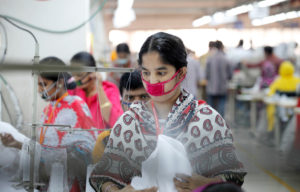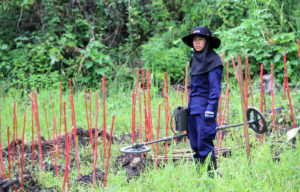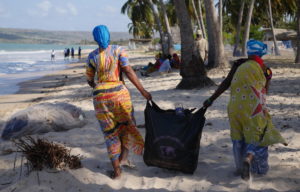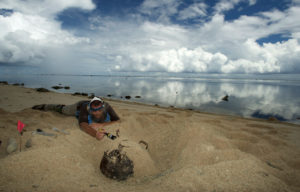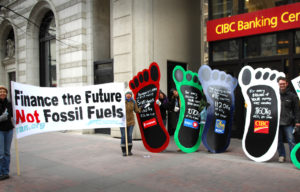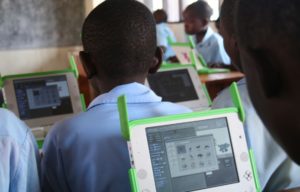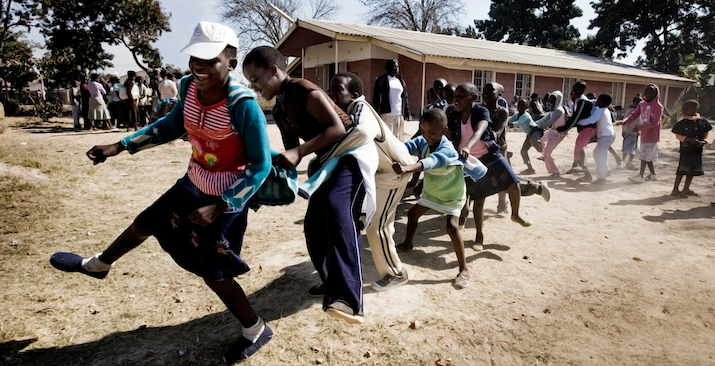
Photo: The Elizabeth Glaser Pediatric AIDS Foundation / CC
Prejudices Obstruct Investments
DEBATE: Danish businesses are missing out on great investment opportunities in developing countries by holding on to the media picture of need and misery.
Share
This article was published at Altinget.dk 11 March 2014
Other categories
Theme: Production, Work
‘Why the hell has no one told me that before?’. The indignation was clear and the voice angry when a 19-year-old student from Virum had been told that nine out of ten children now start school, that billions of people have gained access to clean drinking water, that extreme poverty is abating — and all the other world’s best news that we communicate.
It was very clear that this young man felt deceived, because during his upbringing he had only been told about the terrible situation in the developing countries.
I meet this precise reaction again and again — though couched in more diplomatic terminology — when I travel around the country telling people about the World’s Best News and the great improvement that the world has seen in the past 20 years. That is why I have to disagree with Anders Ladekarl, Secretary General of Danish Red Cross, who maintains that Danes receive enough information. There is still a long way to go.
Obstructing investments
When the World’s Best News started in 2010, there was a clear message from our focus groups: people do not know enough about overseas aid in practice. We see the fundraising campaigns, but are rarely told how the work is proceeding, and in the media we only hear about all the things that go wrong.
The latest figures from Danida (Danish International Development Agency) confirm these statements. Three out of four Danes do not think that they know a lot about overseas aid and circumstances in developing countries. Consequently, myths and prejudices about the developing countries are deeply rooted in the population.
Danes thus have a distorted picture of the reality in developing countries, as exemplified by the young student, and by reactions in the general population. This in turn hampers Danish companies, who are missing out on great investment possibilities in the developing countries because they are stuck with the media picture of need and misery.
In recent years, Africa has undergone a remarkable change. South of the Sahara, hopelessness and poverty have been replaced with growth and optimism. With an average growth of 4,8% from 2001 to 2011, Africa south of the Sahara is among the fastest growing regions in the world.
If you add that the corruption is dwindling, that the infrastructure is improved, that a growing middle class is increasingly spending more money and that in 2040 Africa will have the world’s biggest and youngest workforce at its disposal, a different picture is emerging of a continent with great investment potential, also for Danish companies.
The problem is that way too many Danish companies are not aware of the auspicious transformation that now has people talking about ‘the hopeful continent’.
Therefore it is essential that the business community is able to do business based on sufficient knowledge. We in development organizations have a unique opportunity to provide this type of information. We are present in the areas concerned. We know the conditions, possibilities and challenges. No one can perform this task better than us.
Obliged to tell
In an branch like ours we have a special responsibility to report what we know. The Danish population has no opportunity to look into matters for themselves when we are talking about circumstances in remote parts of the world that only a few Danes have visited. Consequently, it is crucial that we contribute with information — since we are the only ones that can.
If the news on TV about hunger, distress, war and death continues to dominate, a warped picture will be created that will benefit neither Danish interests nor Africa. If we seize the opportunity, new alliances between development organisations and the corporate world can generate huge results for the world’s poorest, and hopefully massive support, as well. But this calls for more information — not less.
